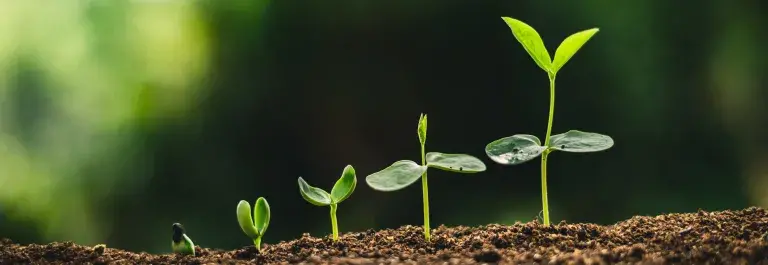Thanks to donor support, the ISEAL Innovations Fund continues to support innovative projects until 2027
Amidst growing interest and attention on sustainability in global value chains, there is a critical need to address inequities faced by small-scale producers. To support our membership in addressing these challenges, the ISEAL Innovations Fund will focus on innovations that enhance sustainable production and land use for small-scale producers.
Last year saw the ISEAL Innovations Fund embark on a second phase of grant making. With renewed support from co-founder the Swiss State Secretariat for Economic Affairs SECO and new funding from UK International Development from the UK government, this continues until 2027.
This additional funding enables more ISEAL members to collaborate, experiment and drive greater impact than before.
Addressing critical sustainability challenges
Funding opportunities have focused on sustainability goals and cross-cutting challenges – including responding to opportunities for innovation, emerging due diligence requirements, supporting climate action, and addressing social issues.
This year, 24 collaborative projects have been selected for grant funding. And the spirit of collective action and learning from phase one has continued, with 33 organisations involved as grantees or partners.
Discover more about the Fund's achievements since 2023.
Unlocking new potential
Through to 2027, we will support initiatives that build on and test existing lessons, as well as advance new, ambitious strategies that increase system effectiveness and deliver impact at scale.
The Innovations Fund advances effective collaborative solutions to the world’s most pressing sustainability challenges by strengthening the important role that sustainability systems play in enabling and leading these efforts.
To support this work, several focus areas guide funding opportunities:
- Strengthening collaborative solutions to specific sustainability challenges
- Improving assessment and response to priority sustainability risks
- Advancing performance monitoring and reporting of progress on critical sustainability issues
- Adding value for governments, supply chain companies and producing enterprises
- Enabling smallholder market access and shifts to sustainable production.
These areas reflect how sustainability systems can improve their effectiveness and impact.



